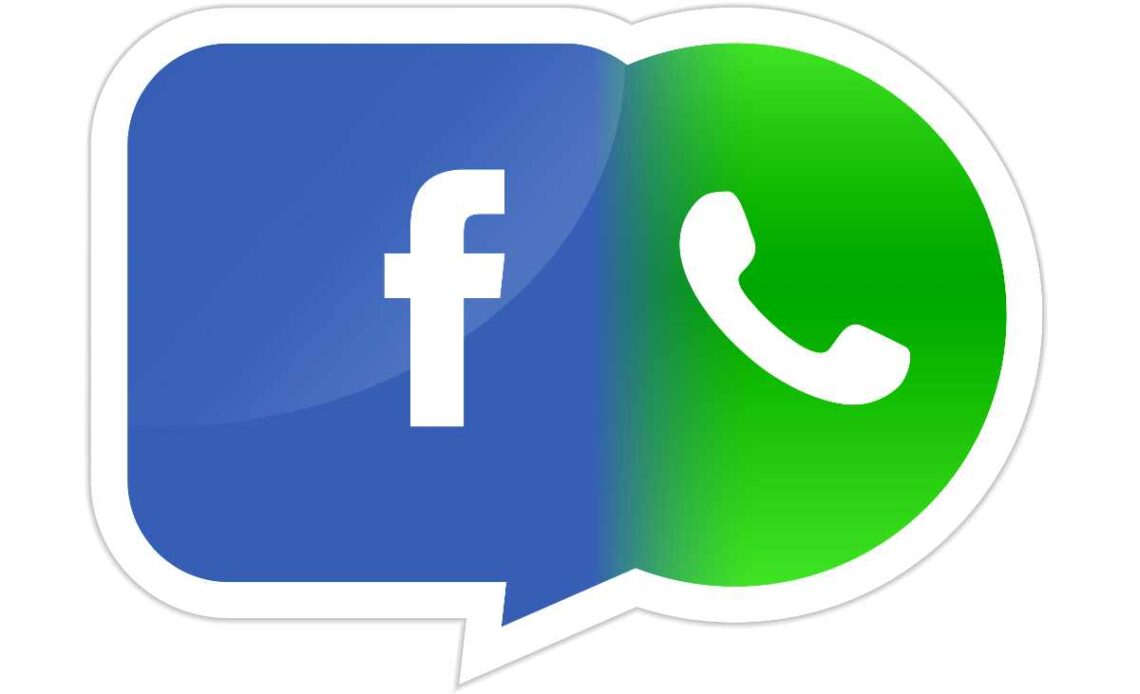
Above: Illustration by exty/DepositPhotos.
On Thursday, Facebook began notifying users of its WhatsApp messaging service of policy changes regarding data sharing with Facebook’s servers.
The change in the company’s privacy policy will be implemented on February 08.
The new policy maintains the end-to-end encryption that was an early value-point for the messaging service, but cracks open data collection to an alarming degree, bringing the messaging service more in line with the information mining systems that have powered Facebook’s market dominance.
It is a formalisation of changes to WhatsApp in progress since it was bought by Facebook in 2014. WhatsApp offered its users a one-time opportunity to opt out of data collection in 2016, when information sharing with the parent company was introduced.
The option was not widely circulated and generally ignored because of residual goodwill earned by the service. It is no longer available to users outside of the European Union, which is governed by robust data protection laws (GDPR).
Gadget 360 published a full list of user information gathered by the company’s products WhatsApp and Facebook Messenger.
Both products track fine-grained details of their users, including a history of purchases, the device used, phone numbers, locations, email address, products users interact with and content produced within the app.
In a statement to The Verge, Facebook sought to clarify the intent of the policy change.
“While most people use WhatsApp to chat with friends and family, increasingly people are reaching out to businesses as well,” the company stated.
“To further increase transparency, we updated the privacy policy to describe that going forward businesses can choose to receive secure hosting services from our parent company Facebook to help manage their communications with their customers on WhatsApp.”
Facebook continues to insist that it cannot view the content of user’s messages, which are protected by end-to-end encryption. WhatsApp uses Curve25519 encryption with a 128 bit security profile and a 256 bit key size. It is a public-domain algorithm.
Facebook’s business model is based on user surveillance.
Patterns of user behaviour, viewing and content posting are tracked aggressively to target advertising to users as they browse the service and click on links.
Facebook bought WhatsApp in 2014 for US$16 billion, but by 2018, both WhatsApp co-founders Jan Koum and Brian Acton had quit the company, with Acton’s abrupt departure costing him $850 million in vested stock.
Later that year, Acton started the #deletefacebook hashtag in the wake of revelations about Cambridge Analytica’s misuse of harvested data from the platform.
In July 2019, Facebook was fined $5 billion by the FTC for its privacy lapses in the Cambridge Analytica scandal.
The co-founders of Instagram, Kevin Systrom and Mike Krieger, also left the company in 2018 after selling their service to Facebook.

“No one ever leaves a job because everything’s awesome,” Systrom said at the Wired 25th Anniversary Summit in October 2018. Neither Systrom nor Krieger has ever spoken in detail about the issues that led to their departure.
Facebook is a digital advertising company that relies on user-generated content to build traffic and increase views of paid advertisements and sponsored posts.
Patterns of user behaviour, viewing and content posting are tracked aggressively to target advertising to users as they browse the service and click on links.
The company’s business model is based on user surveillance.
There has been a surge in interest in more aggressively secure messaging platforms since the privacy policy announcement, principally Signal and Telegram, which collect only the data required to make a messaging connection.
Acton joined the Signal foundation in 2018 as executive chairman and invested $50 million in the business.
Signal retains only the user’s phone number but does not associate it with their identity. Telegram stores your contact information; contacts added to the software and user ID.
Both are available for most mobile and the desktop and support synchronisation between desktop and mobile versions.

